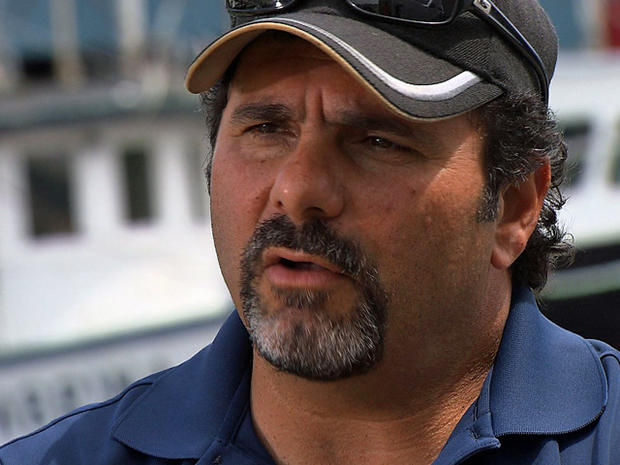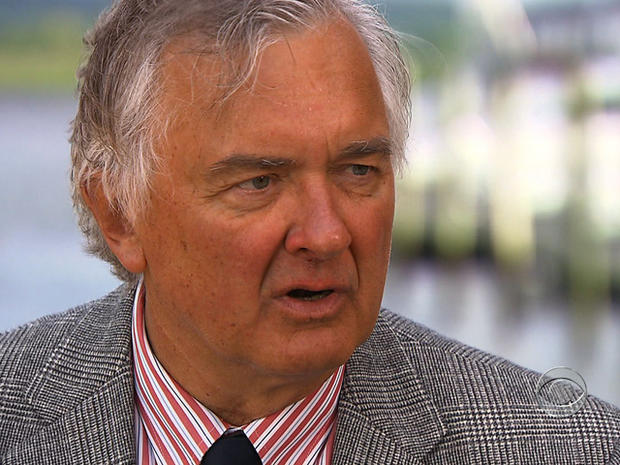Cod fishermen say limits on their catch threaten their livelihoods
(CBS News) GLOUCESTER, Mass. -- On a bright summer day, you would expect the waters off Massachusetts to be filled with fishing trawlers looking for cod. But this year, many of the boats are staying in port -- and the crews fear their way of life may be slipping away.
For 400 years, cod dominated New England's fishing industry. It was central to the economy of Gloucester, Mass.
Al Cattone has fished here for three decades.
"It's the only job I've ever had," he said. "I started when I was 12 -- summers fishing with my dad. And once I graduated high school, I started full-time."
On a great day, he could reel in 2,000 pounds. But new government limits have reduced his catch to 500 pounds a day. He's on the water just once a week now instead of six.
How does he survive off of a once-a-week catch?
"You can't," he said, and then added, "I haven't been squeezed. I have been destroyed."
In May, the National Oceanic and Atmospheric Administration cut the amount of cod fishermen can catch off the coast of Maine by 78 percent. John Bullard, the administration's regional director, said overfishing and climate change have reduced the cod supply to crisis levels.
Watch a Web extra video below on a day out at sea with a Mass. fisherman:
"The water temperatures are warming," he said. "Cod and many other species are moving north, they're moving east. If we are going to rebuild these stocks, we still to have to limit how many fish can be taken."
The government estimates that there should be at least 127 million pounds of cod off the coast of New England. But its research in 2011 estimated there were only 21 million.
"I question their numbers," said Cattone. "We can't possibly overfish all the stocks out there."
But Bullard said: "Science is something that is always challenged, especially when scientists are giving people news they don't want to hear. Last year, fishermen caught 60 percent of their quota that they were given. So the fisherman couldn't find the cod either."
Massachusetts has sued the federal government to ease those cuts, claiming the costs to fishing towns could be ruinous.
"I really don't see anyone surviving," said Cattone. "This whole infrastructure is going to implode within a year."
Cattone's family has been fishing for four generations. He's certain there won't be a fifth.

